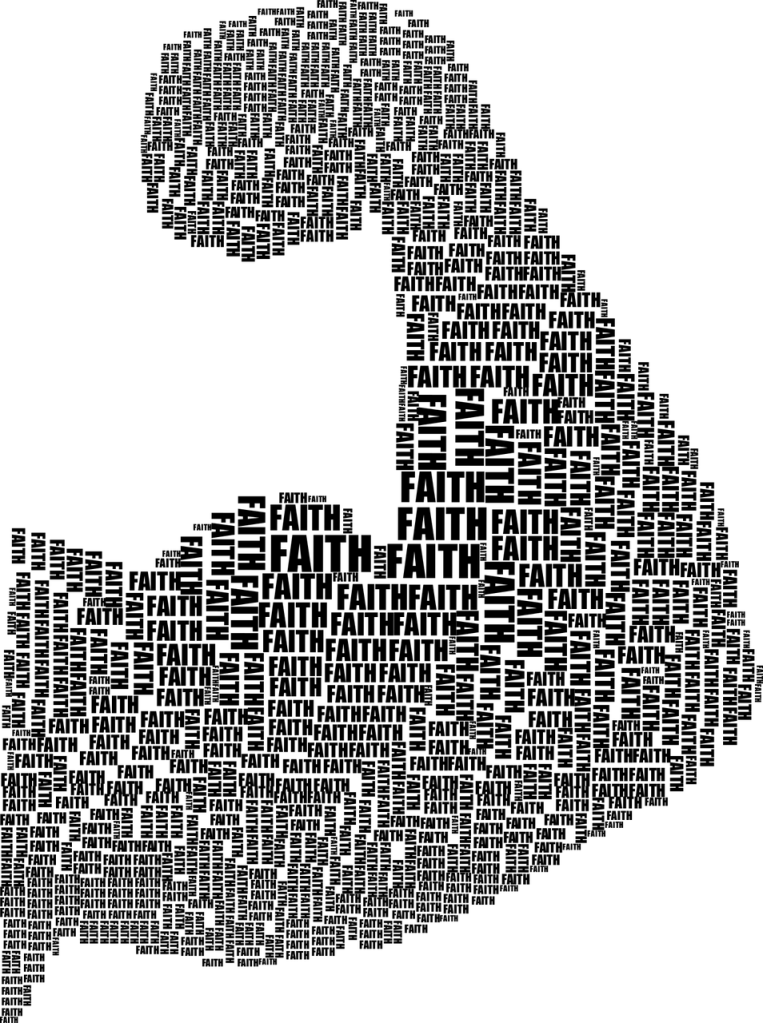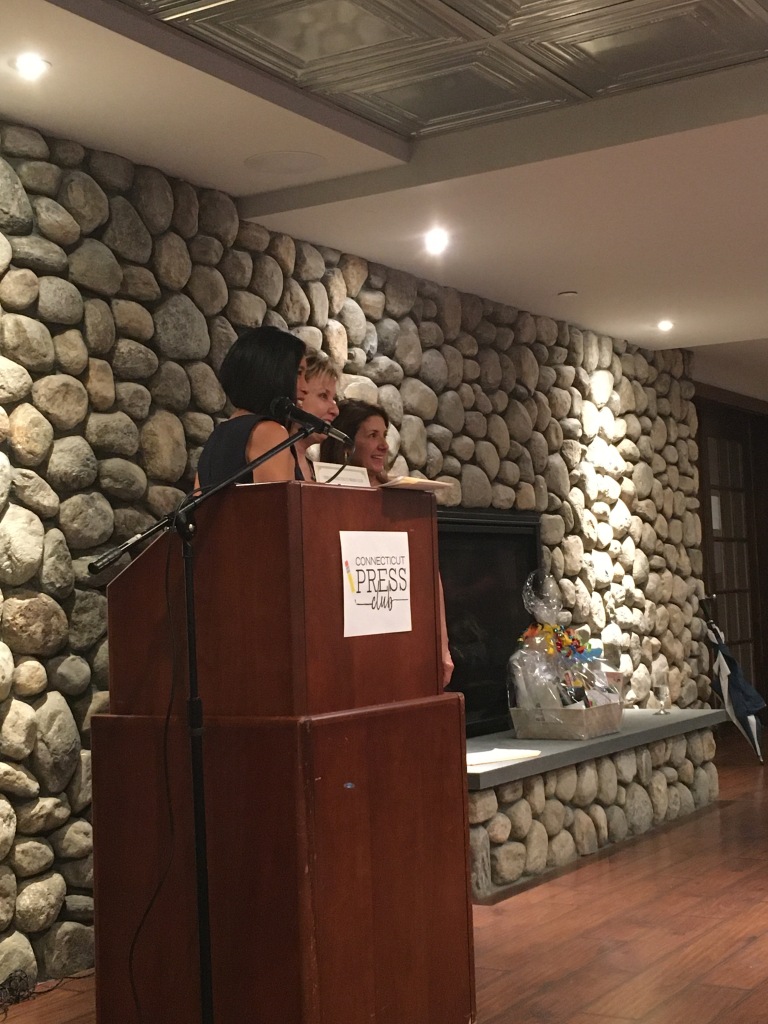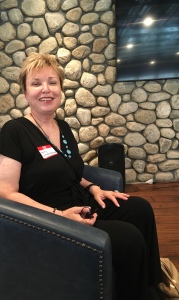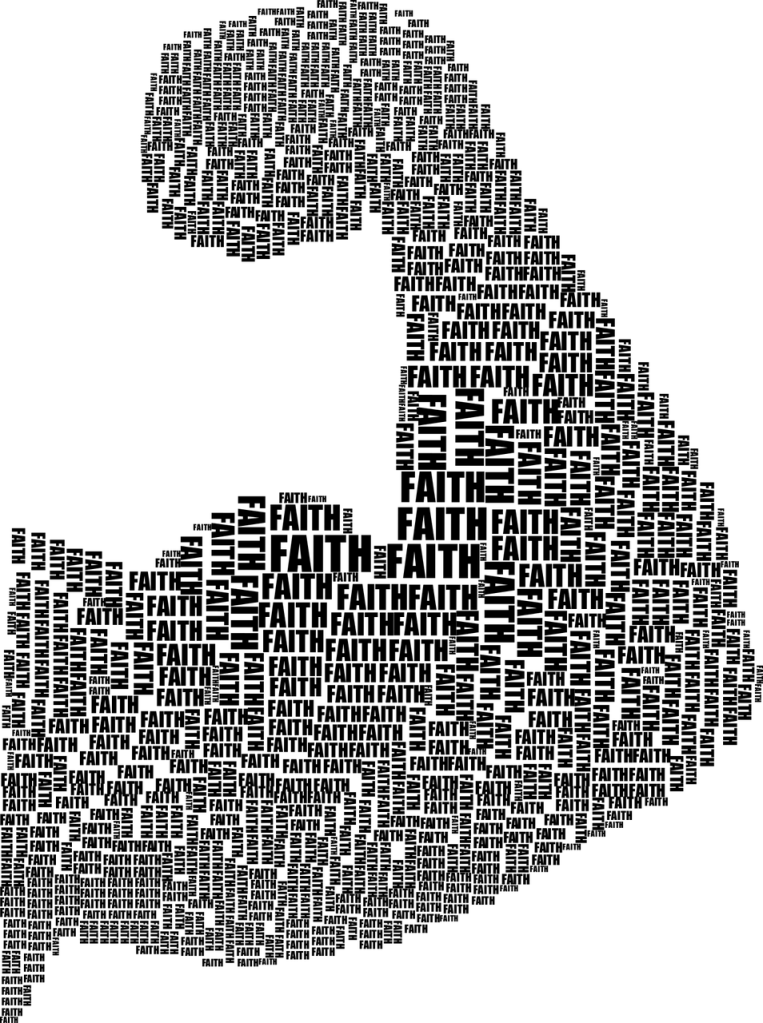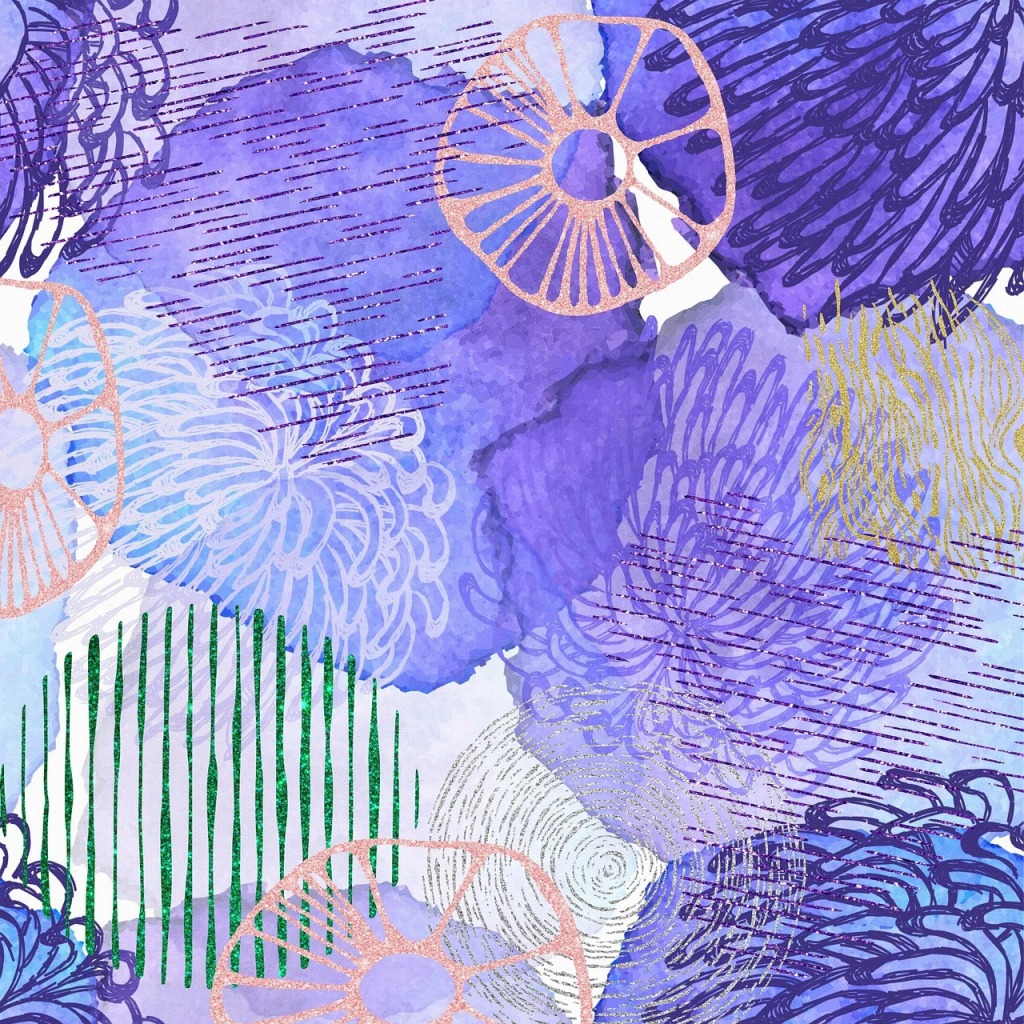
When schedules and plans screw up, I owe my “it wasn’t meant to be” reaction to a former friend, Chris T. I met him over 30 years ago when black and white thinking, also known as a dichotomous thinking, caused me much disappointment when situations didn’t work out as planned.
You see, a few months after I met Chris, I was highly anticipating an upcoming out-of-town weekend away with a friend. Then she called me a week prior to our planned three-day excursion to inform me that she had to cancel our plans, because of family obligations.
Never mind black and white. All I saw was red. Even though she profusely apologized and the hotel agreed to refund our room deposits, I just couldn’t let the anger go. My emotions soared, as if I were commanding the wheel of a fire engine headed to a 24/7 wave of emergency blazes. Three days after reeling from disappointment, I ran into Chris and nearly hyperventilated as I conveyed my despair over my canceled trip.
When I finished explaining my situation, he simply stared at me and belted out, “So? So?”
I stood baffled at his response, waiting for an explanation.
“It’s a damn GOOD thing you’re not going!”
“What?” My bafflement was now more like shock.
“It wasn’t meant to be. Do you know you could have been involved in a car accident if you had gone? Maybe paralyzed for life — or maybe something worse. It’s a damn good thing you didn’t go. You should be grateful … ”
On and on he went. I felt as if I had accidentally landed on some remote island, met one of the natives and was trying with great difficulty to understand the language. I walked away without fully grasping the point he was making, but he planted a seed.
As my relationship with Chris grew, my perceptions about my life outlook slowly widened. I started comprehending the notion of gray thinking and, by doing so, I added a lot of interesting colors on my life palate. I mean, black and white aren’t even considered to be colors!
Below is an excellent explanation that I found on the internet of why:
“In physics, a color is visible light with a specific wavelength. Black and white are not colors because they do not have specific wavelengths. Instead, white light contains all wavelengths of visible light. Black, on the other hand, is the absence of visible light.”
As I consciously practiced this new, more flexible lifestyle, and learned to let go of unplanned outcomes, my trips to the gastroenterologist became less frequent. Over thirty years later, I cannot tell you how this conscious practice saves me each and every time when my black and white thinking returns, because it still does.
Take for instance, over a week ago. As much as I wanted to leave the house early and embark on a walk around the neighborhood, I left later than planned. By then, it was hot and humid, and it was making me feel crankier than usual. In fact, I almost turned around to return home. Those little critic critters in my mind kept beating my brain, saying, “You should have left earlier. You should have left earlier.”
Finally, I just shouted repeatedly to them: “Shut up!”
The strategy worked. It usually does. I made the rest of my walk in relative solitude. Looping back around, about 10 minutes away from home, I espied a sign, “FREE!” A kind, generous neighbor had plopped up the sign against a few dozen uprooted hosta plants that were for the taking. The plants had not been there when I had first started my walk. They were a gift to me, because it solved my dilemma as far as what type of flora I should plant around the house. I ended up picking the lot up later and putting them in my car’s trunk. A week later, they are growing nicely.
So, the moral of the story is: if I had left for my walk as planned, I would have missed the plant giveaway! Even though in my mind, the timing of the walk was off, it was, in actuality, exactly right! It illustrates exactly Chris’ point that changed my life so long ago.
Now, fast forward a few days later: thanks to the influence of Chris T. in my life and thanks to the hosta, I didn’t get too depressed about not being able to attend the Connecticut Press Club awards presentation last Wednesday.
As I mentioned in my previous post, I tested positive for COVID-19 and was unable to attend.
Instead of being recognized for winning FIRST prize for blogging and an honorable mention for travel writing at the awards ceremony and having an opportunity to meet the presenter, who is a pretty well-know author, I watered newly planted hosta that night.
As a “consolation prize,” I squirted the hose, watered down my sad emotions and lectured myself that there was a reason that it was better I did not attend the ceremony. ‘Who knows,’ I told myself, ‘maybe I would have tripped and twisted my ankle … or … ’ It simply wasn’t meant to be. Have a little faith and just say ‘thanks’ to the universe for blocking the whole shindig.
I dreaded looking at the event’s Facebook pic, but I forced myself to observe all the smiling faces, and I even offered my “Congrats!” to the winners. They really looked happy. Ego aside, I was happy for them.
Two days after the awards presentation, the good news is, I tested negative and I am Covid-free. Admittedly, still tired and a tad congested, but I have the best winner’s circle: a clean bill of health and one of the most empathetic and inspirational blogging communities I can imagine. In addition, I also have an assortment of hostas that lift their stalks up to the sun and remind me that roaring success is based on daily building blocks of achievements, such as making the bed first thing in the morning and watering the plants before nightfall.
